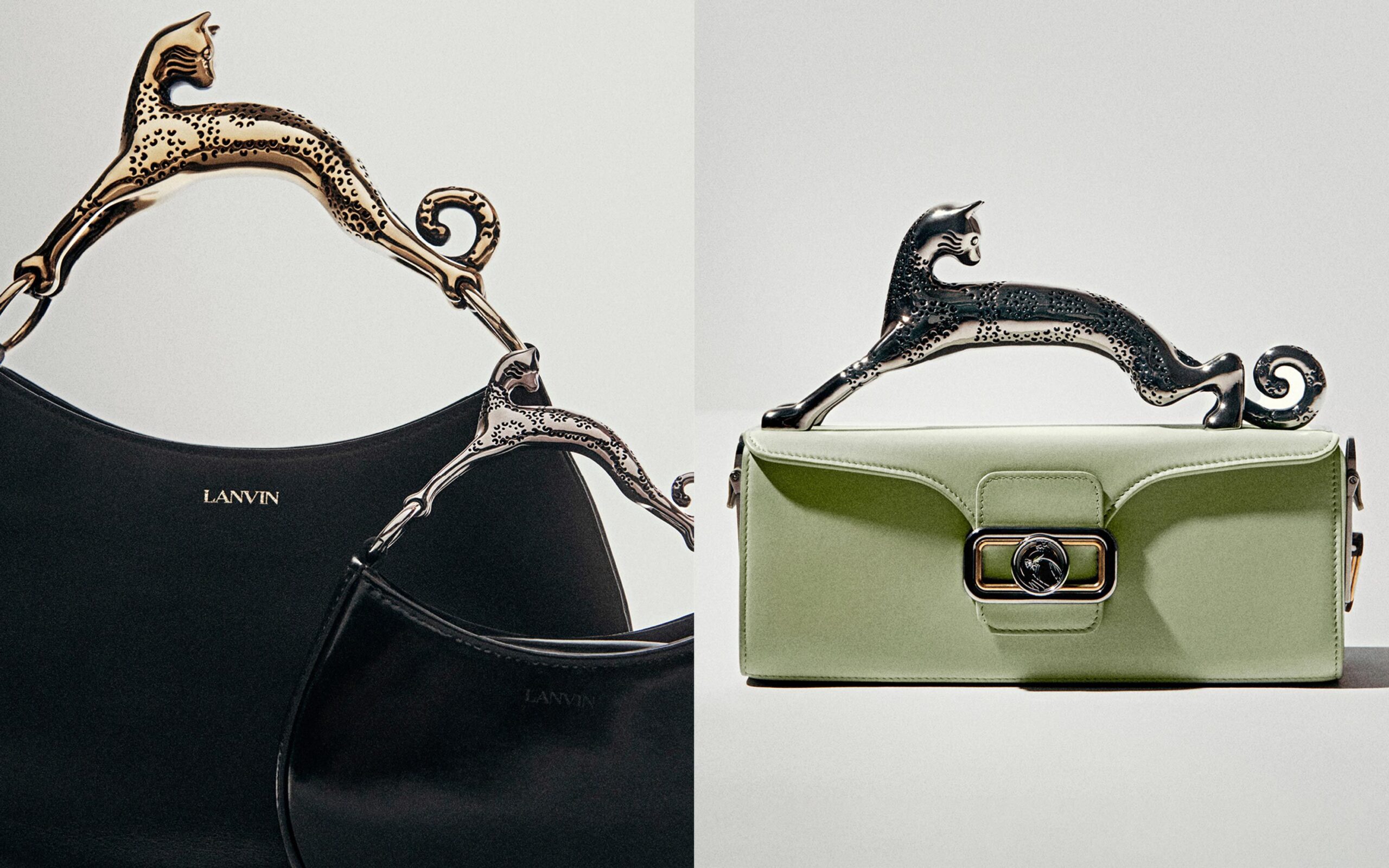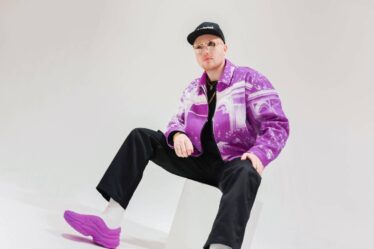
Lanvin Group reported on Friday unaudited annual revenue of €425 million ($454.5 million) for 2022, a 38 percent increase year-over-year. It marks the first time the Chinese luxury group, which saw the departure of chief financial officer Shang Koo last month, has released financial figures since its New York SPAC listing in December.
Lanvin, its flagship eponymous label, grew 67 percent in revenue to €121 million last year, although Austrian hosiery brand Wolford, which reached €227 million, remains its largest brand in terms of sales. EMEA, which is the largest region for the company, saw a 44 percent increase from €148 million to €214 million. North America increased 36 percent from €107 million to €145 million. Despite Mainland China’s enduring strict months-long lockdowns, its Greater China region grew 13 percent from €43 million to €48 million.
“For this year 2023, we, much like the rest of the market, anticipate certain macroeconomic challenges including inflation, and ongoing geopolitical disruption in our key markets,” said the group’s chief operating officer David Chan, who has taken on interim CFO responsibilities on a Friday call with analysts. “However, we are optimistic in our ability to build upon success, and we’ll focus on our expansion, particularly in great China with a market reopen.”
It did not share bottom-line figures but the group has previously said it aims to be profitable by 2024. Revenue growth in the next three years is largely linked to growing its retail network; the company plans to open 200 new stores globally by 2025.
The group has made progress on several fronts: Lanvin has registered success with sneakers and a signature cat bag while Wolford’s collaborations with Amina Muaddi and Mugler were well received. But challenges remain, according to Luca Solca, Bernstein’s head of luxury goods research, the most formidable being the battle for top talent.
“Recruiters [are] helping themselves from their talent pool and instigating an employee exodus,” Solca wrote in a December note, adding that Lanvin needs to overcome “the culture clash between the European employees [at the brand level] and the Chinese management team — the reverse of what other luxury goods brands have to deal with.”
Since the company listed, its stock price has hovered around $6, a large discount from its $10 debut, although it moved higher on the announcement closing Friday trading at $7.55.



